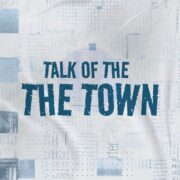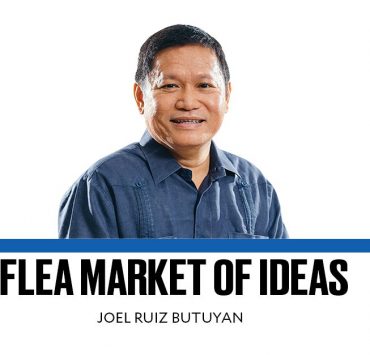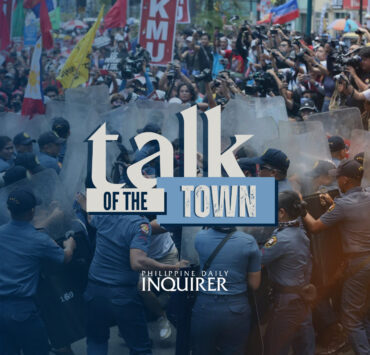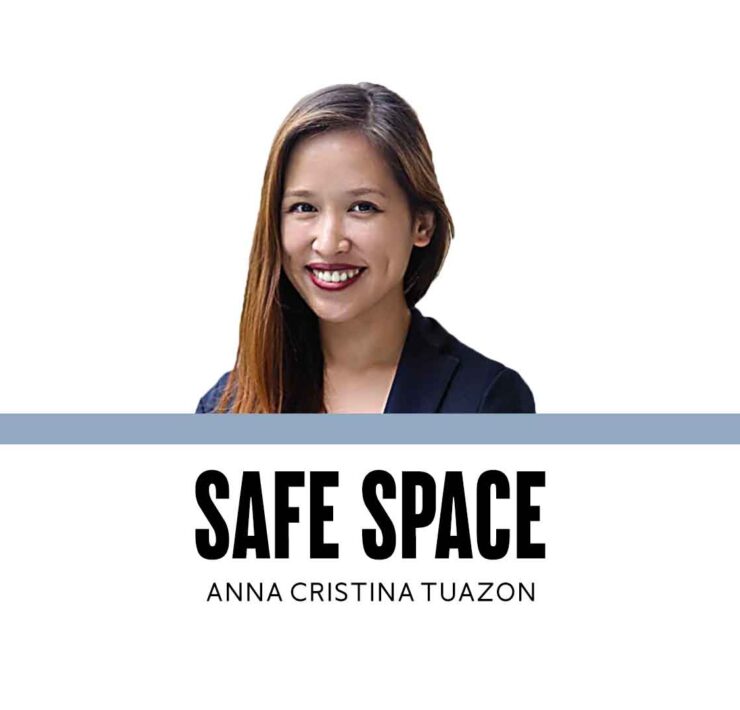Trusting truth
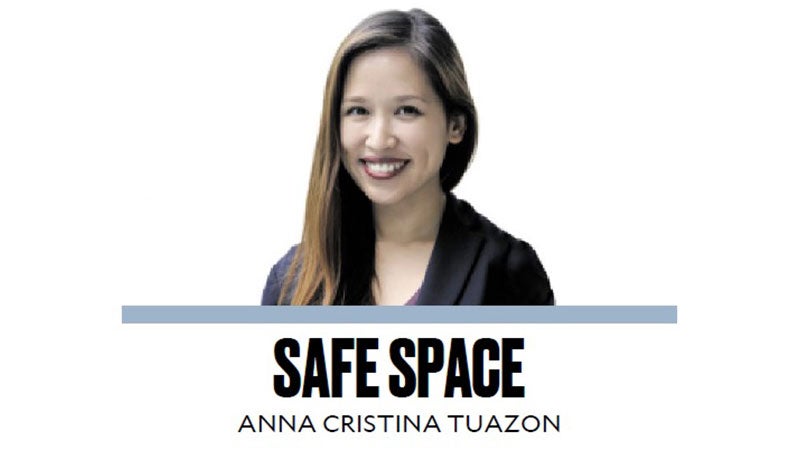
Who can we rely on for the truth these days?
Gone are the days when we can rely on authority figures to provide verified information. Trust in government sources of information has eroded due to blatant propaganda and outright suppression of facts. What is happening in the United States, for example, with the intentional and immediate scrubbing of information regarding gender and ethnic diversity on various government websites, including research and scholarly works, is a chilling sign of how easily governments can suppress truth. Our own government excluding the Edsa People Power Revolution anniversary on Feb. 25 from the list of holidays is another way of erasing history and an attempt to take control of our national narrative.
Moreover, the proliferation of misinformation has muddled our ability to discern truth. Our country ranked 8th when it comes to the most number of videos taken down on YouTube for violating the company’s guidelines, according to a Google local official at a House committee hearing on fake news on social media. More than 181,000 videos in the third quarter of 2024 were removed after being flagged for misinformation or hate speech. This is not just an organic rise in misinformation; this is manufactured. Personally, I can predict the number of troll comments on posts based on how close we are to the election season. There have been investigative reports exposing how individuals were paid to post negative comments or to create misinformation content to suit the sponsor’s political or business interests.
Trolls nowadays are not just hired to disseminate false content but to also shut down true ones. For example, Alliance of Concerned Teachers party list Rep. France Castro’s Facebook page was suspended for 180 days after being flagged for impersonation despite it being her official account. Meta, Facebook’s parent company, had recently abandoned the use of its independent fact-checking program. Instead, it will rely on the use of the social media community to flag content. The risk to this, of course, is that an organized entity (and now with the help of artificial intelligence) can easily make itself look organic via the method of “flooding” and have undue influence over who gets flagged or not. Even the mere notion of consensus for truth assumes (falsely) that if many people believe it to be true, then it must be true.
Truth nowadays is all about perception. The most dangerous thing is not a lie, but a half-truth. If something is partially true, then we are more likely to believe the rest of the argument. There is a lot of government waste, claims Elon Musk who heads the newly created Department of Government Efficiency. It might be reasonable to accept that as true since bureaucracies are slow by design. Then he goes on to say that the United States Agency for International Development (USAID) is a criminal organization and needs to die. Those who feel strongly against government waste might be tempted to accept Musk’s “exposure” of USAID. There is a big illogical jump, however, from the government not being efficient to it being criminal (which requires due process of investigation). And people who intend to misinform are hoping you’ll jump along with them. Misinformation is quick while truth emerges slowly.
If we cannot rely on others, such as authority figures and social media, to tell us the truth, what can we do? Discerning truth is a skill that can be learned. This is why education is an important battleground. Erasures in textbooks help obfuscate the truth. We focus on content learning and not comprehension skills so that individuals simply become passive receivers of information. We must verify the truth ourselves and we need to be better at it.
We can use the scientific method as a guide. To verify something in research, we triangulate the facts. This means that we must have at least three different sources. If an influencer makes a claim, it needs to be backed up by different types of sources, not just from social media. Types of sources include peer-reviewed research, books, and news reports. Can a news report be backed up by source documents like court filings or direct quotes from parties? Are the sources of good quality, meaning they come from those that generated the information or are these simply secondhand or hearsay? Can a source explain how they arrived at their factual claim or are they relying on you to simply trust them?
Truth is not all-or-nothing. Claims must be proportional to their sources. The stronger the claim, the stronger the sources required. If their claim is based solely on personal experience, do they make it sound like a general or universal experience? Do they confuse their opinions for facts? Truth must evolve when more information comes to light. Are you willing to evolve your truth when faced with new credible information?
It is hard to trust what is true in a world of systematic misinformation. We need to regain our skills of discernment and reasoning and become active truth-seekers if we are to find our way through.
—————
aatuazon@up.edu.ph













